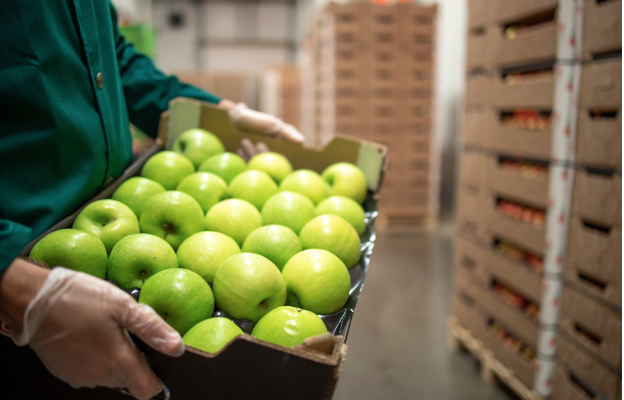5 Considerations of Transporting Food During Winter in Australia
The responsibilities of road freight logistics don’t get any easier each season, no matter if it’s spring, summer, autumn or winter. There are however many things to take into consideration for conducting refrigerated road transport right, and these can vary with the seasons, making it necessary to adjust accordingly.
For instance, you’d think food transport becomes less complicated during winter, but there’s much more to it than outside climate. It relies on efficient refrigeration technology, consistent temperatures, correct processes, routes and much more.
To get the best out of road freight in Brisbane during winter, here are the 5 most important considerations:
Keeping Fresh Produce at the Proper Temperature
Not all kinds of food should be frozen to ensure freshness or maintain their consistency and flavour. Some only need to be kept refrigerated at specific temperatures.
Take milk – it shouldn’t be allowed to freeze and it needs to be stored to at least 4°C to maintain its quality. Any higher and the bacteria naturally found in it can grow and cause it to spoil.
Fruits and vegetables are other examples of such food that need to be kept at a low temperature. Freezing has an adverse effect on fruits and vegetables because they’re mostly made up of water. When water freezes, it expands and forms ice crystals. If this happens to the water fruits and vegetables naturally contain, their cell walls rupture. That causes them to lose their integrity and be mushy when they thaw.
Keeping Frozen Food from Thawing
Yes it’s winter, but temperatures across Australia can vary drastically. So making sure frozen food stays frozen in transit and transfer could be hard if you aren’t careful.
Two of the capital cities with notable weather differences are Brisbane and Canberra. Winter in Brisbane can get as cold as 9.5ºC and as warm as 21.7ºC. In Canberra, it can get as frigid as -0.1ºC but be as warm as 13ºC. Keep each capital city’s unique weather in mind if you’re loading and transporting food between them.
Humidity Control
Humidity, or the amount of water vapor in the air, is a year-round concern for general road freight. When it’s summer in Brisbane, humidity is high. Excess humidity means excess moisture all around. The more moisture there is, the more likely mould and bacteria will grow on food. When it’s winter, the humidity can get so low that the air becomes too dry. Excessive dryness can dehydrate food. There are many ways to avoid this, like:
- Controlling the air circulation around the food
- Keeping them in containers that allow air to flow around them, such as net bags
- Enhancing air flow by placing spacers between them
Prevent Damage to Packaging
It’s not only food that’s at risk of getting adversely affected when the seasons change – so too is the packaging. Getting moved around places with varying degrees of dampness or dryness can make food packaging fragile. To avoid damaging them, handle and store them carefully.

